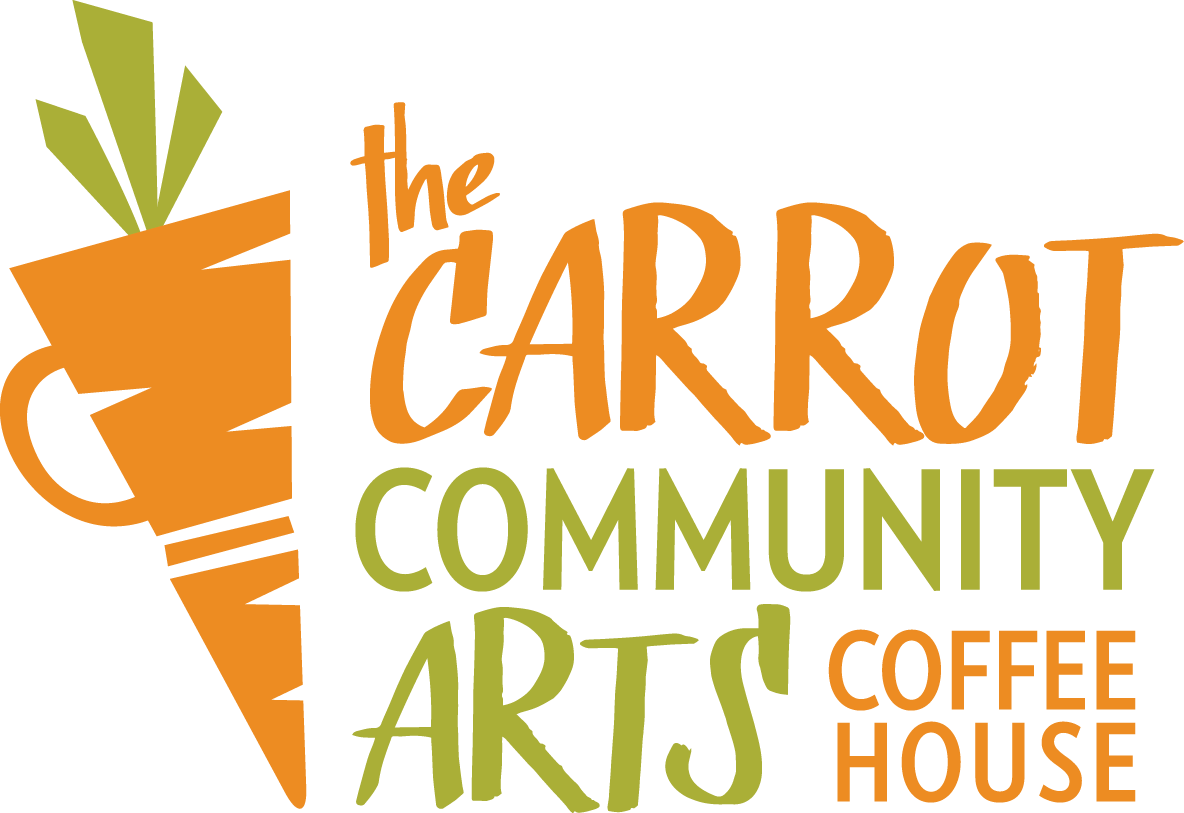Author: Tony Flanagan
Black musicians throughout history have had a rich tradition of innovation and excellence. The popular music of the last several centuries cannot be had without a deep dive into the history of Black music; the Black music of the past several centuries has greatly influenced almost every era of popular music since the colonization of the Americas. All contemporary genres of popular music can be traced back to the music of Black slaves arriving in the Americas. The characteristics and rhythms of this music proliferated throughout the United States, fusing in innumerable ways with the music of other cultures.
The spiritual is perhaps the first notable expression of African-American music, the spirituals being religious songs sung on plantations following the conversion of slaves to Christianity. African-American music began to enter into the American mainstream with the emergence of blackface minstrelsy in the 19th century, racialized performances of African-American “culture,” usually by white performers in blackface. And yet, the American public began to become aware of African-American culture in a major way for the first time. The early 20th century saw the emergence of jazz music, originating from the funeral bands of New Orleans. By mid-century, jazz music had entered the “Swing” era, its heyday as the pop music of its day. In this era, although often performed by white musicians, the music of African-Americans had entered the homes and dance halls of white Americans in a definitive fashion. Simultaneous to these developments in the United States, African music was foundational in the development of the music of Latin American, influencing major styles such as Samba, Bossa Nova and Afro-Cuban.
Although jazz would continue to develop and evolve throughout the 20th century, the new style of post-war African American music fell under the name “Rhythm and Blues,'' and would soon dominate the American mainstream under its synonymous name, “Rock N’ Roll.” Soul music soon emerged as an offshoot from Black gospel music, and together with R&B influenced the emergence of surf rock. As well, the founding of Motown Records in 1959 spawned the Motown Sound, a version of soul music with pop influence, which achieved major commercial and crossover success. These innovations would lead also to the emergence of funk music in the 60s. In 1964, the Civil Rights Act banned many major forms of discrimination, and more African-American artists began to cross over into the mainstream. In the 70s, a tradition of rhyming fused with spoken-word artists resulted in a major new genre, hip-hop, which would develop into rap a decade later. The arrival of Micheal Jackson and his best-selling albums in the 80s served as a definitive turning point and led to a new era of mainstream success for Black artists.
These genres and styles have lasted until today and are still actively pursued by musicians of a variety of ethnicities the world over. However, without the influence of Black musicians, many of these great styles would never have seen the light. Innovators such as Louis Armstrong, Miles Davis, Fats Domino, James Brown, Stevie Wonder, Micheal Jackson and many others changed popular music forever. As well, contemporary song elements such as improvisation, call and response, the backbeat and innumerable others are owed to the influence of African music and Black musicians.
For more information, consider visiting:
What is Black Music? | Center for the Humanities (wustl.edu)
Afrofuturism in Black Music — Timeline of African American Music (carnegiehall.org)
Library - Black Music History Library (blackmusiclibrary.com)
Celebrating Black Music Month | National Museum of African American History and Culture

